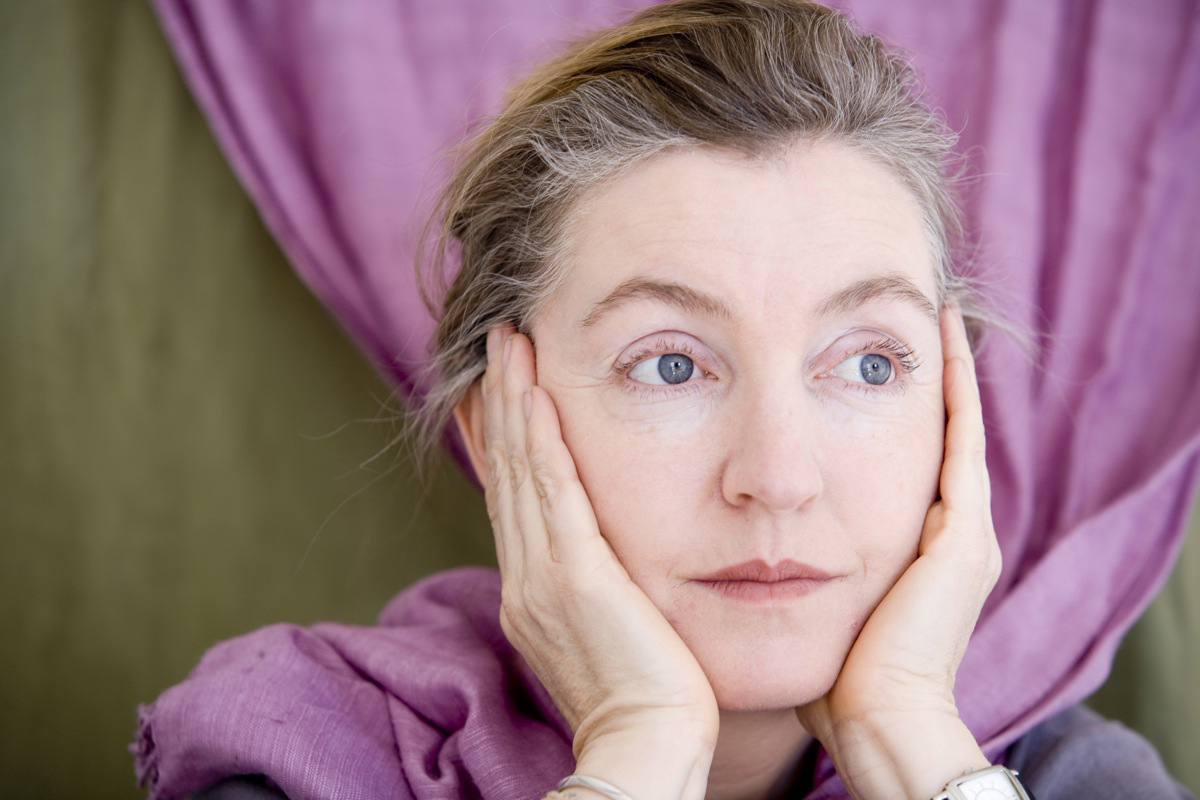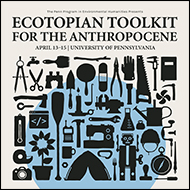Presented by Penn's Institute of Contemporary Art, Penn Humanities Forum, and Penn Program in the Environmental Humanities
How might we translate natural and man-made disasters into opportunities for changed states of mind infused with utopian hope? This is one of the challenging questions Rebecca Solnit poses in her recent work. Eclectic, brilliant, widely celebrated, Solnit is an inspiration for people around the world. In her keynote address, she will speak to the broad concerns of the conference—art, environment, utopia—drawing on her own highly distinctive toolkit as an author, activist, historian, and artist.
Award-winning writer, cultural historian, and activist Rebecca Solnit is the author of many books and essays on such subjects as geography, community, art, politics, hope, memory, and feminism. Her wide-ranging ideas address, among other things, social change and insurrection, wandering and walking, knots and rings, and despair and hope. She is also a columnist at Harper's Magazine and a regular contributor to The Guardian, The New Yorker, and TomDispatch.com.
Among her notable books are River of Shadows: Eadweard Muybridge and the Technological Wild West; Men Explain Things to Me; A Paradise Built in Hell: The Extraordinary Communities that Arise in Disaster; and Hope in the Dark: Untold Histories, Wild Possibilities. Her latest book of essays, The Mother of All Questions (2017), is a follow up to her national bestseller, Men Explain Things to Me.
Her honors include fellowships from the National Endowment for the Arts and the Guggenheim Foundation, a Lannan Literary Award for Nonfiction, and a Wired Rave Award for writing on the effects of technology on the arts and humanities. For River of Shadows, she received a National Book Critic's Circle Award in Criticism, the Sally Hacker Prize from the Society for the History of Technology, and the Mark Lynton History Prize from Harvard. In 2013, her book The Faraway Nearby was nominated for a National Book Award and shortlisted for the National Book Critics Circle Award. Utne in 2010 named her one of "25 Visionaries Who Are Changing Your World."
CONFERENCE 13–15 April 2017, University of Pennsylvania
An Ecotopian Toolkit for the Anthropocene
Presented by Penn Program in the Environmental Humanities; cosponsored by Penn Humanities Forum, Institute of Contemporary Art, Kislak Center of Penn Libraries, and Bartram’s Garden.
Keynote Speakers: Rebecca Solnit (April 13) and James Hansen (April 14)
Tool making is a signature trait of the human species. What tools will we make, and require, in the age of the human, the anthropocene: the proposed name for the present geological epoch when humans are the most potent force shaping earth’s systems? Global warming and other anthropocene challenges, including the ongoing sixth mass extinction event, often lead to apocalyptic visions, or apathy. Prompted in part by the 500th anniversary of Thomas More’s Utopia, a classic work whose concerns continue to translate across time and space, we explore a longer history of the anthropocene to help represent—and respond to—our contemporary moment. Might a utopian turn help us navigate warmer, rising waters and build new forms of refuge? What tools can STEAM educators in universities and museums design and develop via the history of utopia and its hope for better futures? Conference program.




